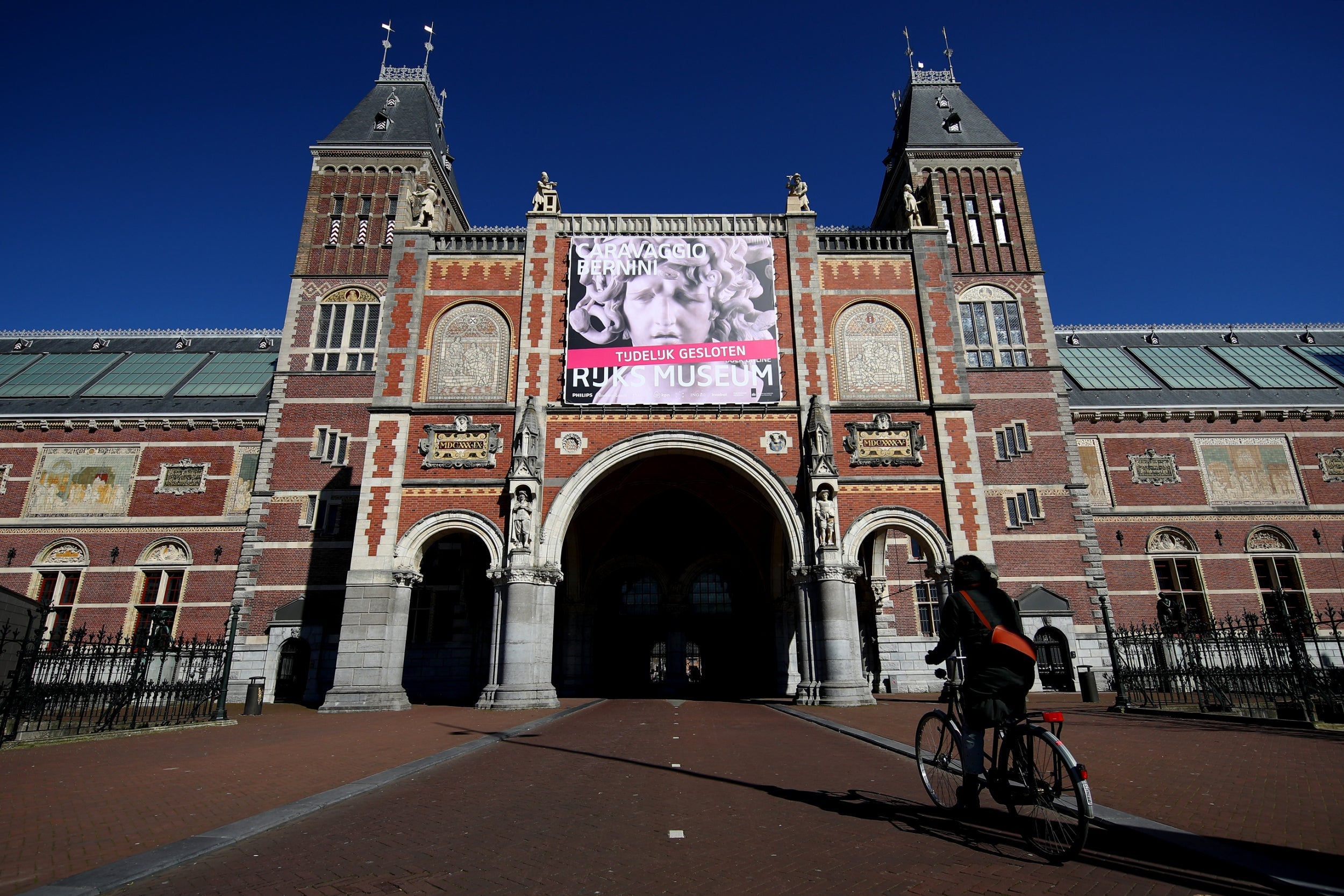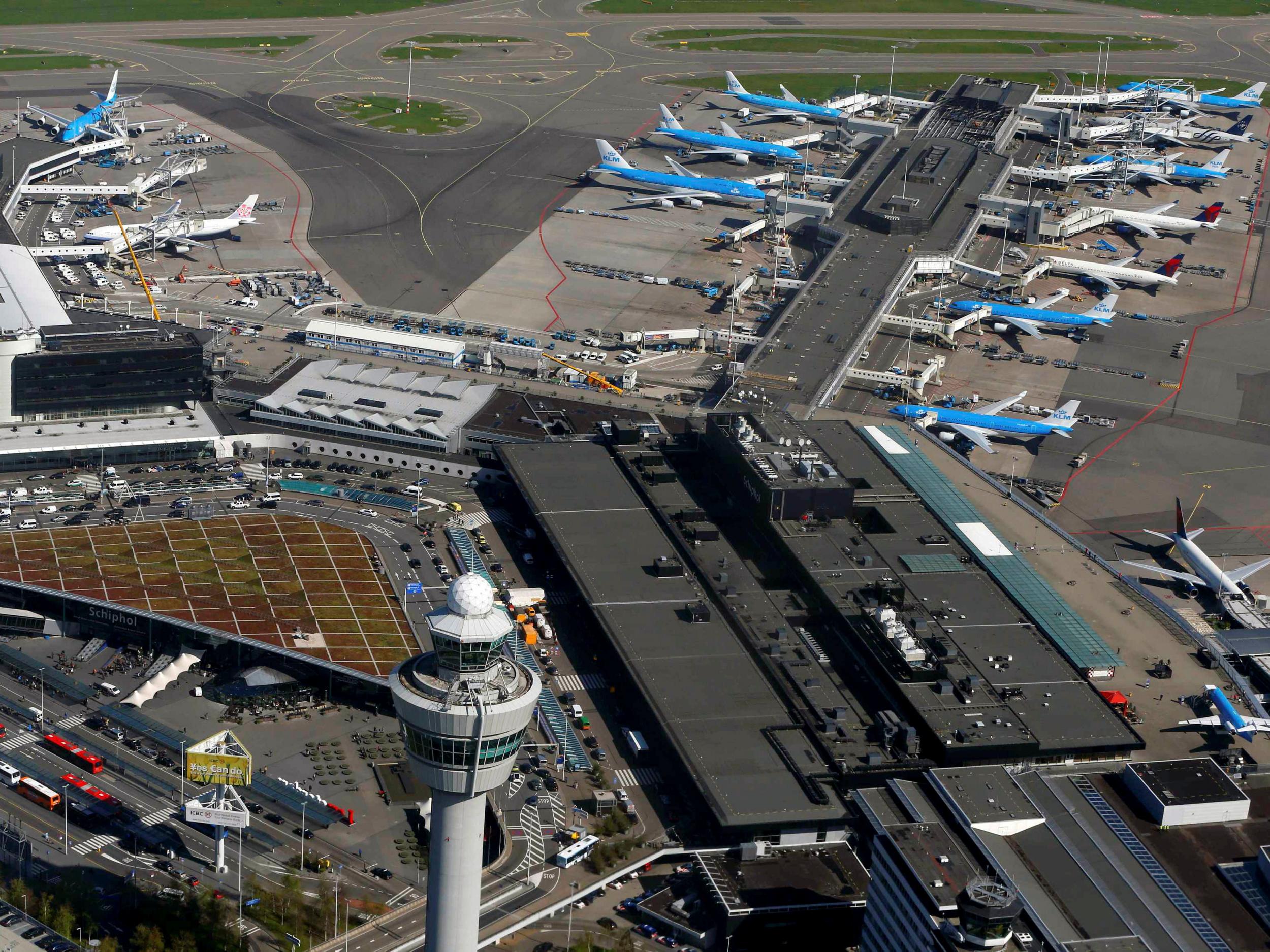Will I be able to go on holiday to Europe in July?
Simon Calder answers your questions on travel during and after the coronavirus pandemic


Q My employer is being reasonably benign during the coronavirus pandemic, but is insisting that everyone takes the holiday they have already booked. I have the last week of July off, and of course I would love to go away. What is your hunch about whether a trip to somewhere in Europe is possible?
Name supplied
A “Hunch” is the right word to use. I am assessing the public pronouncements, analysing available data on tourism and talking to people in the travel industry, but the predictions I have derived are my own. Clearly several things need to line up before any of us can consider overseas travel for fun. Domestic travel restrictions must be eased to an extent that allows you to travel to an airport, port or Eurostar rail station within the UK. I predict this will happen at some time in May.
Next, the Foreign Office must lift its warning against non-essential journeys abroad – which is currently set at “indefinite”. I predict that the global warning will also end at some time in May, to be replaced by advice against specific nations. “No-go” warnings will be decided by individual national flight bans that remain in force rather than the prevalence of Covid-19 at the destination.
For example, Switzerland has banned most travellers from entering the country until 13 June 2020 and therefore a Foreign Office warning until that date is important. Destination countries and even individual regions will need to decide that they can lift local lockdowns and welcome tourists back. Two critical dynamics will be at work to inform that decision.
First, the location’s dependence on tourism – and the economic damage that prolonging a ban will cause. That is very low for Russia (apart from the city of St Petersburg), but very high for many Mediterranean locations, in particular most Greek, Croatian, Italian and Spanish islands, as well as the isles of Cyprus and Malta.
Countering the desire to rescue jobs will be local reluctance to allow in foreigners who may trigger a surge in coronavirus cases that causes harm and puts health facilities under extreme stress. Those very islands that desperately need tourists are often locations which currently have a low incidence of Covid-19.
One more factor that must align: airlines, ferry firms, international rail operators and holiday companies deciding that they want to run services to your chosen destination. I believe that rather than an EU-wide lifting of restrictions, it will be piecemeal, for example with the Netherlands, Bulgaria, Portugal and a scattering of European islands being first to the tourism table.
Finally, there may be longer-lasting bans on particular nationalities, or those with specific travel histories (“Have you been to the US in the past 14 days” …), as we saw when travel bans started being imposed in March. But I am confident that you will be able to explore at least part of Europe by late July 2020.

Q We were due to fly to Amsterdam on 17 March. Our flight still flew but we decided not to go as everything was shut and we might not have been able to get home. Six hours after our flight departed, the Foreign Office announced “no flying”. Can we claim any of our money back? The travel agents says we can’t.
Nichola
A The travel agent is right, I am afraid. You are among many thousands of people who, as the coronavirus crisis deepened, decided not to go through with their travel plans.
It was a strange time: barriers had started to go up around the world, and the shutters had begun to come down. Five days earlier, the two top cultural attractions – the Rijksmuseum and the Van Gogh Museum – had closed. But from a travel perspective the Netherlands was still open for business. On 11 March, six days earlier than your trip, I embarked on a prodigiously expensive trip to Yemen – and four of the 14 participants decided not to make the journey.
They, you and everyone else who chose to cancel (or simply did not show up at check in) are categorised as “disinclined to travel”. Maddeningly in your case, there was no Foreign Office warning against travel at the time your flight departed: the foreign secretary did not advise against non-essential travel anywhere in the world until the afternoon that Tuesday. Had the warning come earlier, assuming you had booked a package trip (flights and accommodation in the same transaction). you would have been entitled to a full refund.
As it is, I see no prospect of you recovering any of your flight costs. All I can suggest is that you ask your travel firm whether – given the uncertainties at the time – the hotel might be prepared to book you in later in the year.
Flights between the UK and Amsterdam have continued through the coronavirus pandemic and will increase in frequency once lockdown is lifted. And the Rijksmuseum and Van Gogh museums are due to reopen on 2 June.

Q This year I booked a package holiday well in advance with a tour operator, including flights on easyJet. It is a 10-day break in Sicily at the start of August. I paid a £1,200 deposit, with the rest due to pay shortly. When I asked if I can cancel, they said were I to do so I would then not only lose my deposit but also owe them more money on top of that.
I asked them what they would offer in the event that the trip could not go ahead. They said that if they cancel because the resort is closed, they will offer effectively a credit note for next year. But they warned that if I didn’t accept it, I would have to shoulder the cost of the flights. Is that right?
Name supplied
A Fortunately, it is wrong. I was glad to read the words “package holiday”. You have done just the right thing and booked a trip that includes flights and accommodation. You are in the strongest possible position, and it is a shame that, in these difficult times, a travel company should misstate your rights. That puts consumer law firmly on your side.
The most important aspect is that, whatever happens, you need have no concerns about your money. Under the Package Travel Regulations, you are guaranteed to get the holiday or receive a full refund. So pay the balance.
While I have no idea what will happen in the next 15 weeks before your holiday, there is a significant possibility that it will go ahead as normal. In that case you should have a happy and safe trip.
There some likelihood that the trip will be cancelled. If that happens, despite anything the company might say to the contrary, you will be due a full refund of the whole cost of the trip within two weeks (though that timeframe is almost impossible for most travel firms to meet right now).
Any company that claims the law has changed, or that its terms and conditions prevail over the Package Travel Regulations, is mistaken.
While Abta, the travel association, has asked holidaymakers to accept a new concept called the “Refund Credit Note” – meaning you have an IOU with a repayment date later this year – it is up to you as to whether you accept one.
Given the (empty) threat that you might have to cover the cost of flights, I suggest that in the unfortunate event of a cancellation, you simply tell the company that you will expect a full refund. If the travel company should fail, then the full cost of the holiday would be refunded under the Atol scheme.

Q KLM is forcing tourists to take their flights. I am booked to fly to the US with the airline, and am being told that I can’t have a refund. It’s stunning behaviour on their part. It’s impossible to travel to the airport let alone fly anywhere as a tourist. At least easyJet had the decency to refund my flight! Can you help?
Gareth B
A No, I am afraid I can’t help – beyond explaining your unfortunate situation. You are one of a number of would-be travellers who are being refused a refund by an airline because their flights are still going ahead. While easyJet has completely shut down operations until further notice (and is therefore obliged, however reluctantly, to hand back fares in cash), KLM is continuing to operate via its hub at Amsterdam.
The Dutch airline has far fewer flights than normal, but is continuing to link a number of UK airports with Amsterdam and some of the worldwide destinations that do not have flight bans in place.
Because you have chosen to book a flight-only deal, rather than the package holiday, the UK government’s warning against travel abroad does not trigger an automatic refund.
Airlines are free to stick to their normal terms and conditions, and effectively say: “Your flights are operating normally. The fact that you cannot meet the stringent conditions that would allow you to travel with us is not our problem.”
I understand that you may not appreciate it, but KLM is actually doing you a favour by offering you a voucher for future travel. The airline could simply keep your cash.
KLM, though, is not doing any favours for the majority of passengers whose flights have actually been cancelled. The carrier is saying: “You’re entitled to a travel voucher.” As KLM knows, passengers are entitled to a full cash refund within a week if their flight is grounded.
The airline says passengers can redeem the voucher for their money back after a year – effectively forcing its customers to provide an interest-free loan for 12 months. This is in breach of European air passengers’ rights rules, but the Civil Aviation Authority has yet to intervene and require KLM to do the right thing. You are not restricted to KLM; the voucher is also valid on Air France, Delta, Virgin Atlantic and Kenya Airways.
Your voucher, though, is not exchangeable for cash in any circumstances, so start planning that post-coronavirus trip now.
Email your question to s@hols.tv or tweet @simoncalder
Join our commenting forum
Join thought-provoking conversations, follow other Independent readers and see their replies
Comments